#EISAPEC24
THE 17TH EISA PAN-EUROPEAN CONFERENCE ON INTERNATIONAL RELATIONS
27-31 August
Lille Catholic University, France
Day(s)
:
Hour(s)
:
Minute(s)
:
Second(s)
Welcome
We are delighted to invite you to the 17th EISA Pan-European Conference on International Relations (PEC), to be held in Lille at Université Catholique de Lille, 27-31 August 2024.
The 17th edition of our signature event will be the first EISA event to take place in France, and we very much look forward to be welcomed by the French International Relations community, including colleagues who are active members of the EISA and regular attendees of our flagship events. PEC 2024 will host a wide range of existing and new thematic sections, high-profile plenary sessions with leading experts on key issues of international relations, Early Career Workshops, social events and professional development activities. We are committed to the EISA mission to provide a safe, generative, diverse and inclusive space for all our participants and will work to make PEC 2024 accessible to our members through our increased Mobility Fund given to doctoral researchers, early career scholars, colleagues on short-term and/or precarious contracts, scholars from the global South as well as those who face discrimination and marginalization. By bringing together around 1,300 colleagues in Lille, PEC 2024 will reinforce its status as the leading International Relations academic event in Europe.
Beste İşleyen
EISA President (2023-2025)
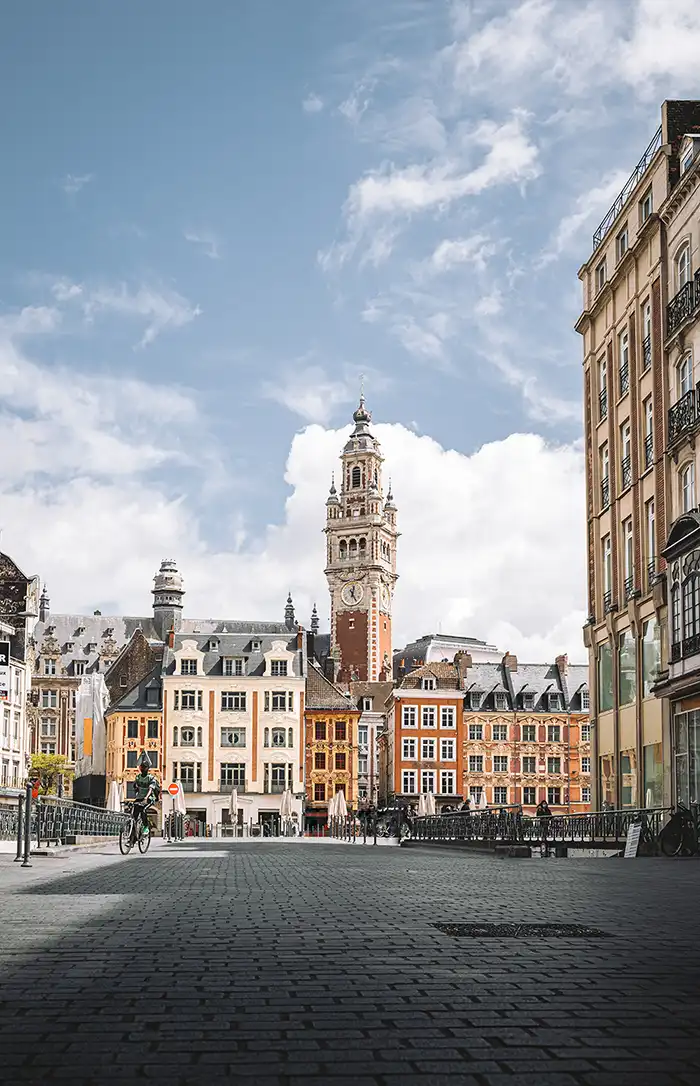
CONFERENCE THEME
SEARCHING FOR INTERNATIONAL RELATIONS: SPACES, STYLES, STRUGGLES
‘The international’ is no longer exclusively thought of as a separate sphere characterized by interactions between states. But if ‘the international’ is not simply ‘up there’ or ‘between states’, then where does it happen? With this spatial inquiry emerges a series of epistemological and methodological considerations on what counts as knowledge about the international and how it is created. Moreover, whose struggles, work, and sacrifices matter for the study of the international? In raising these interconnected questions, the EISA PEC2024 invites participants to join a collective search for the international. By attending to the spaces, styles, and struggles that reinvigorate international relations, the theme acknowledges the risks taken to find the international in diverse and unexpected places as well as efforts to challenge the status quo and transgress disciplinary boundaries.
We encourage section chairs to consider these themes in developing the content and format of their sections. We also invite section chairs to take into consideration individual and collective submissions that take a less conventional form.
Where we look for international relations matters. Many intellectual projects have moved away from thinking about world politics as taking place in spectacular spaces, attending instead to the less conspicuous. The international creates and is informed by the spatial. International relations occur in and makes cities, ports, railway tracks, novels, rivers, caves, documents and submarine cables. What kind of stories about the international do these spaces tell? When our gaze turns away from war rooms and international diplomatic conferences, new relationalities, protagonists, and power dynamics come into focus. Searching for international relations not only recognises the different forms and histories of labour that compose the international, but also the textures, speeds and densities that characterise these spaces. We invite submissions that push the bounds of what counts as international relations, extending to frontiers and fringe zones.
Firmly embedded in academic practice, stylistic conventions work implicitly and explicitly to dictate the appropriate tones, structures, and mediums through which science is mediated and circulated. However, a multitude of voices have persistently critiqued the rules that determine what counts as science and the form it takes, as well as the hierarchies of legitimate knowledge they produce. If the scientific article should not hold the place of the highest and most professionally valued modality of knowledge production, what alternatives might stand in its place? Might we become authors whose writing is more pleasurable to read, for academic peers and the general public? In resisting epistemic traditions, we open up possibilities for pushing social scientific practice beyond the remit of the written word. With this emphasis on style, participants are invited to be playful, creative, and undisciplined in how they do and present international relations.
Scholars of the international find themselves implicated in a multiplicity of struggles. These struggles include the contestation of the injustices, inequalities, and ruinations sustained by global systems. They equally encompass the fight against the precarisation of working conditions in universities and infringements on academic freedom. Often read as reflecting the crises to which they are reacting, these struggles enliven spaces for utopia, as a method for collectively imagining desirable futures. So where does the mobilisation for building defences, resistances and alternative futures occur, both within and outside of the university? Whose labour goes unacknowledged, efforts ignored, and histories sidelined in discussions of these struggles, and why? When featuring the militant, precarious, marginalised or persecuted into tales of the international, does the politico-moral compass directing research shift? What responsibility of care and praxis of engagement should define how the academy relates to these movements and actors? How can academic work move beyond descriptions and distant analyses of struggles? This section invites interventions on global histories of activism and solidarity building, and different methods and ethics of engagement.
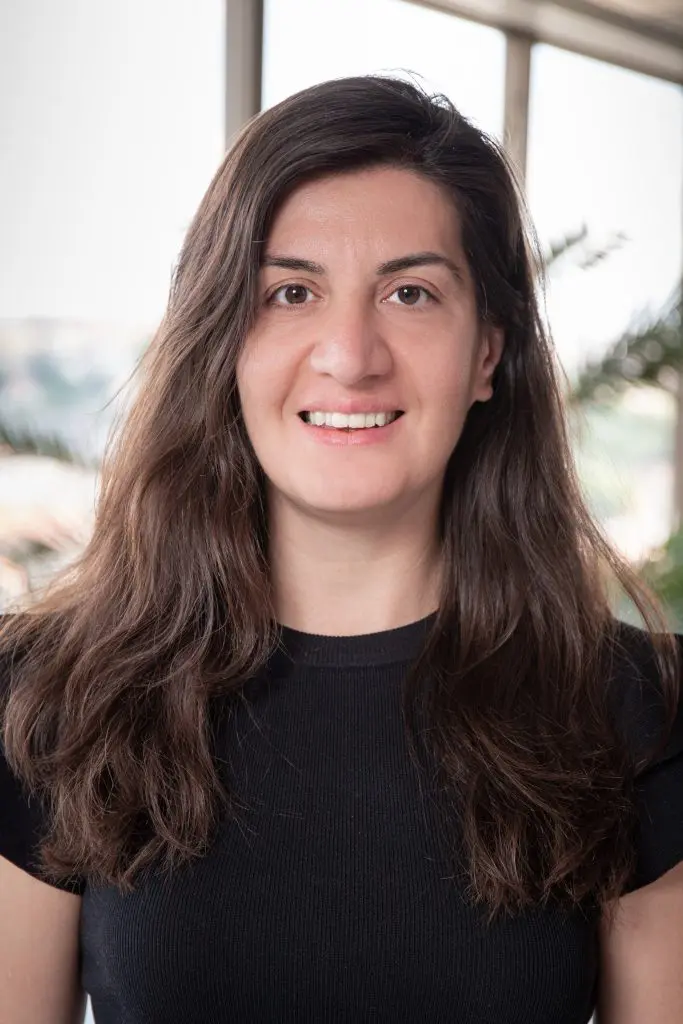
Beste İşleyen
University of Amsterdam
EISA President
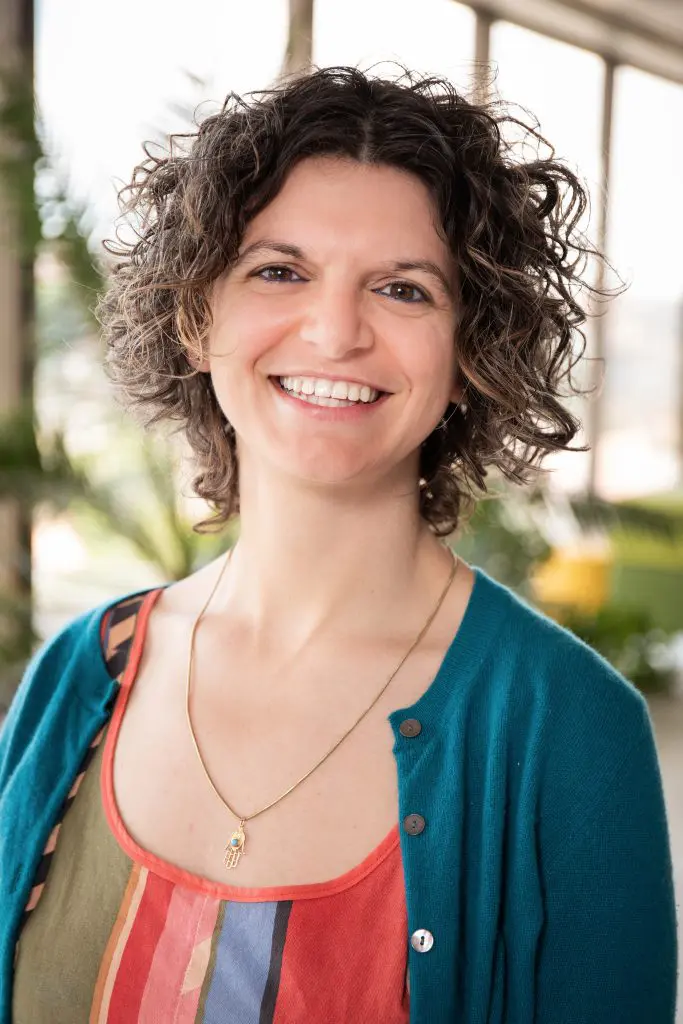
Catherine Charrett
University of Westminster
Programme Chair
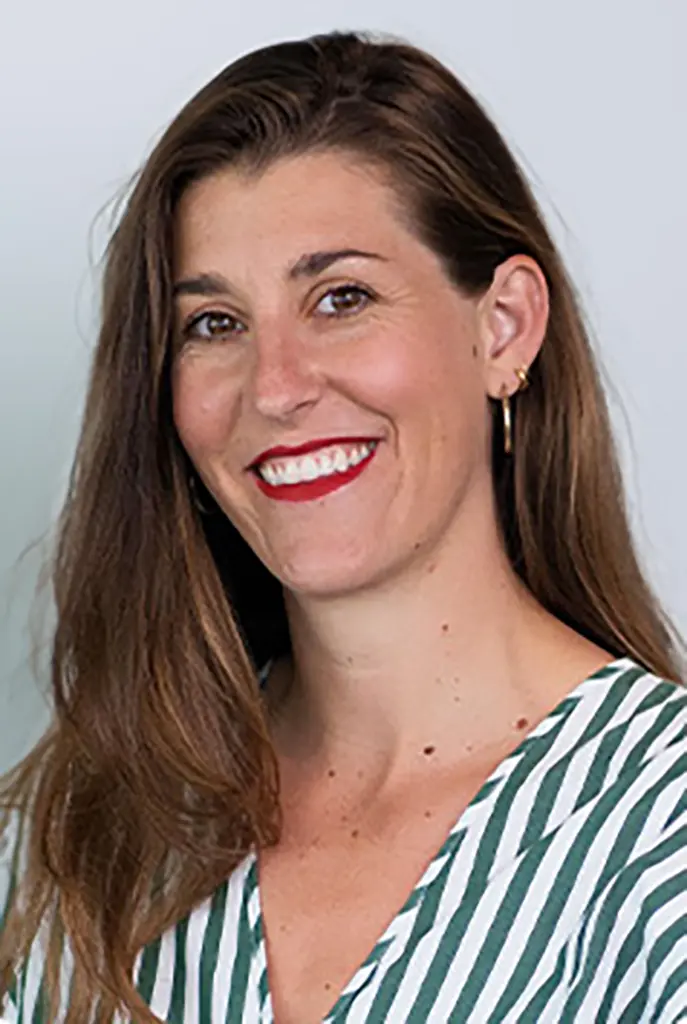
Monique J. Beerli
University of Geneva
Programme Chair
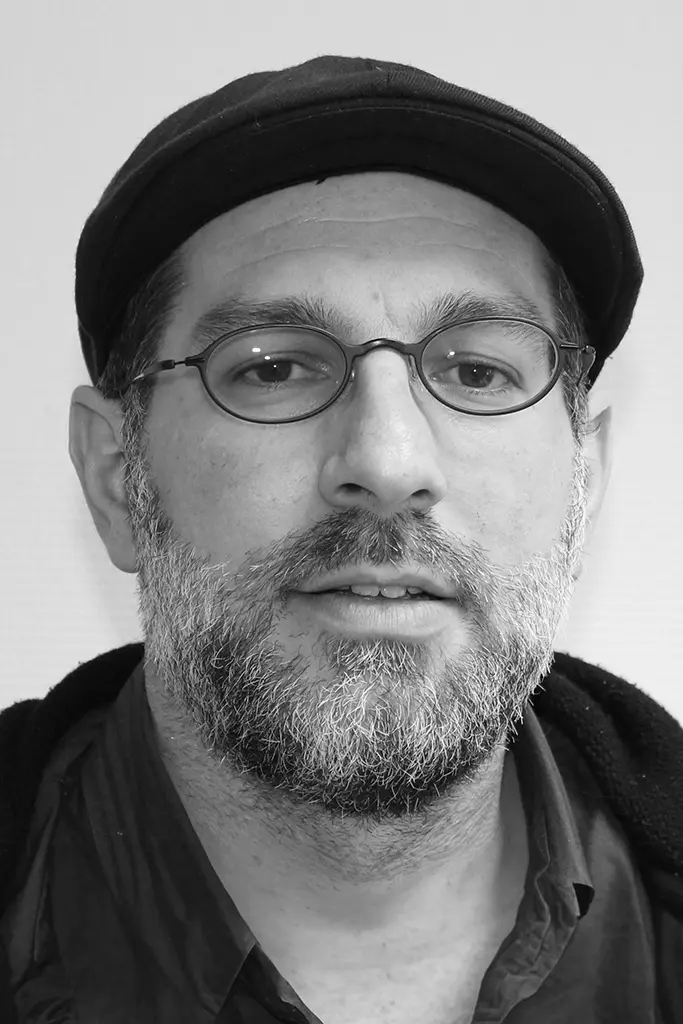
Philippe Bonditti
Lille Catholic University, ESPOL
Local Organiser
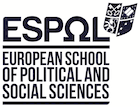
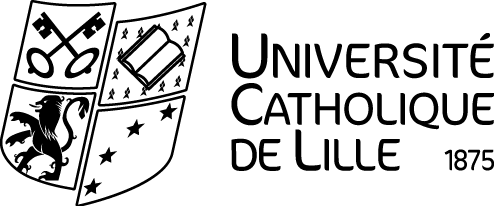
IMPORTANT DATES
4 October 2023
Call for section chairs opens
8 December 2023
Call for section chairs deadline
15 January 2024
Abstract submission opens
18 March 2024
Abstract submission deadline
18 April 2024
Acceptance emails sent
18 April 2024
Registration opens
16 May 2024
Registration deadline for participants in the programme
28 June 2024
Online programme published